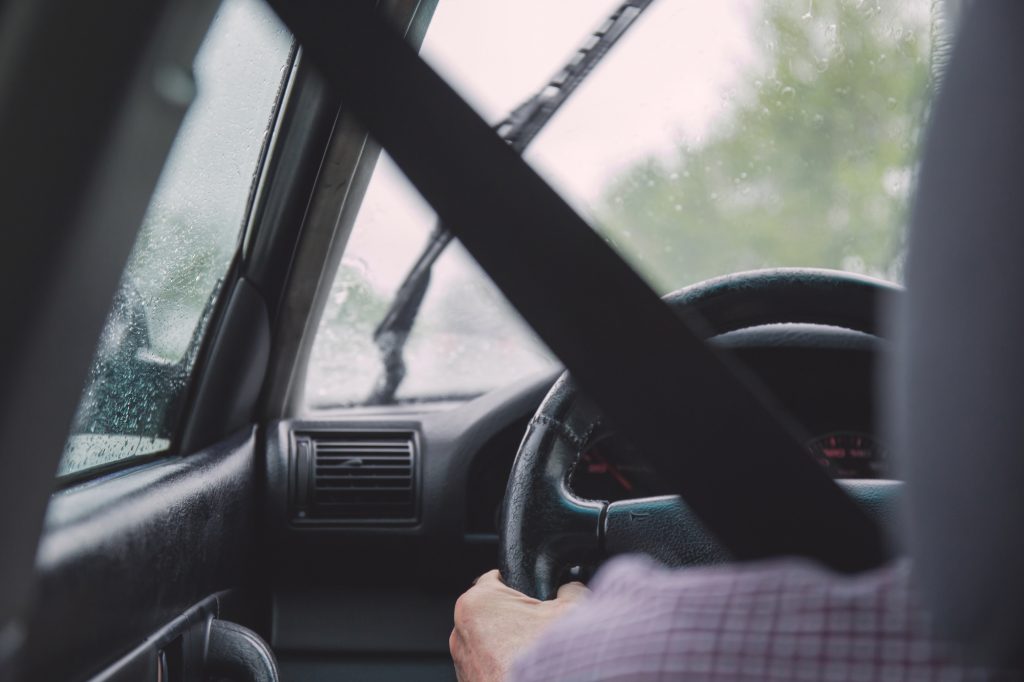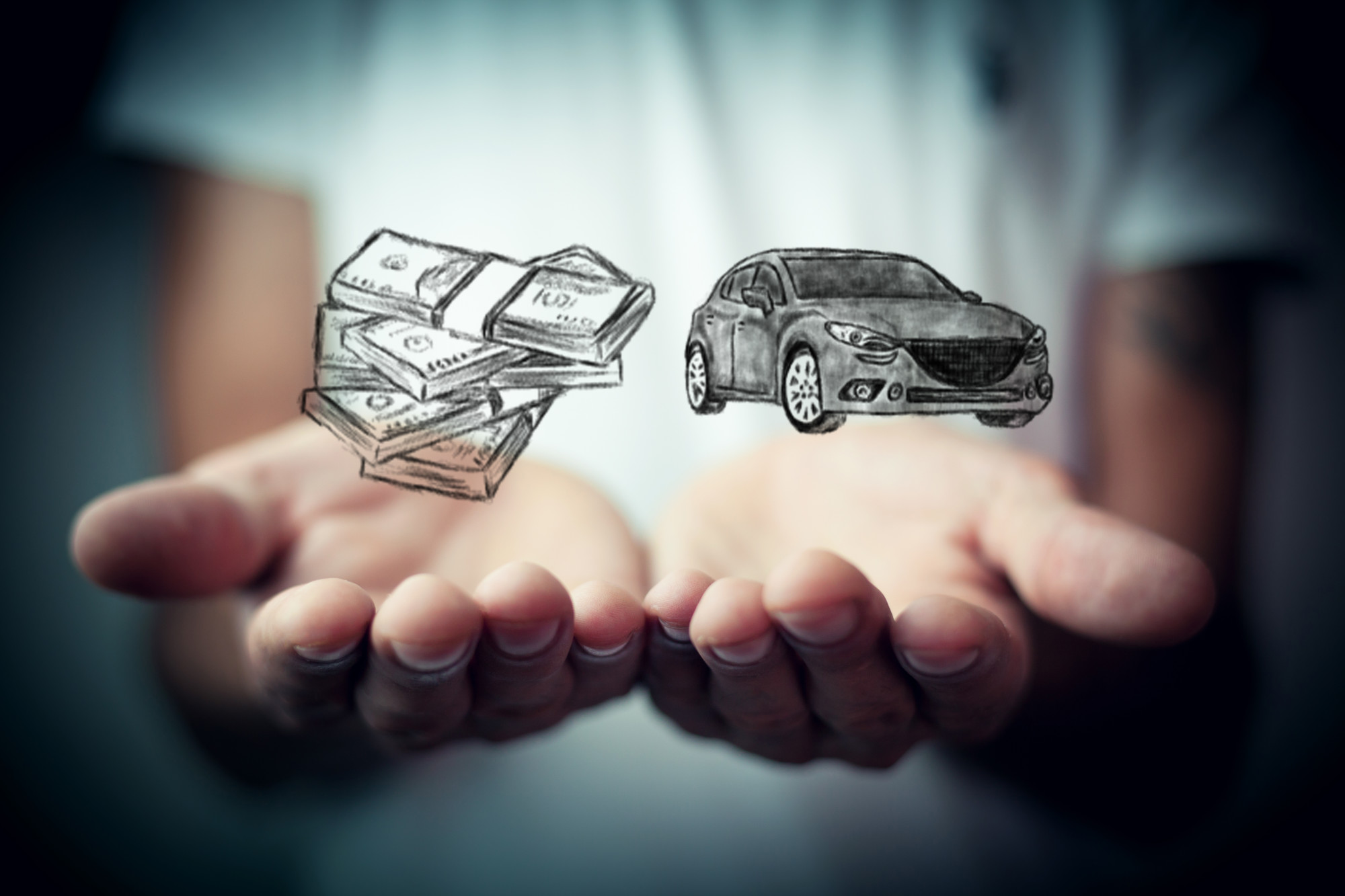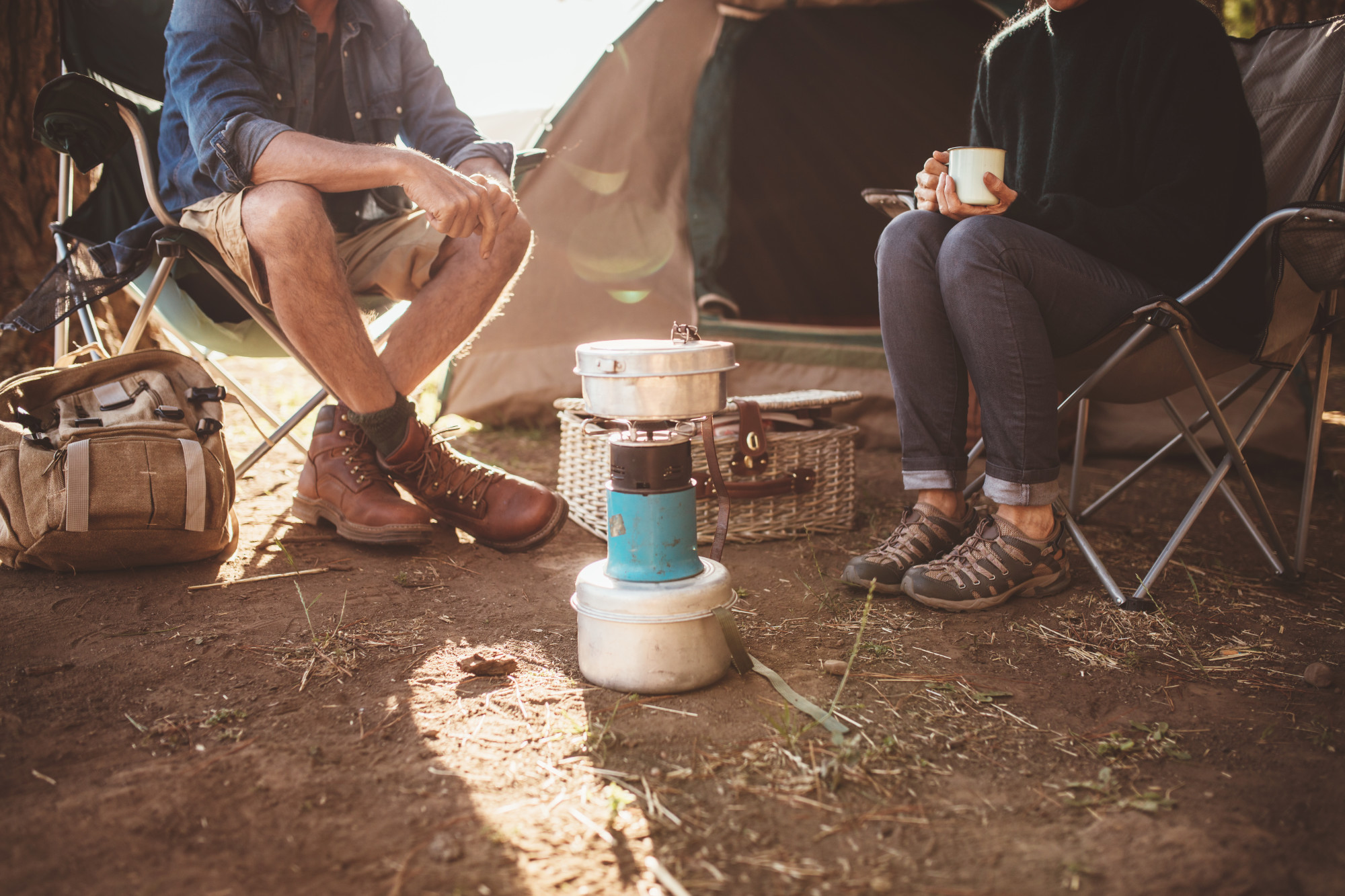 Have you been in a vehicle accident? According to car insurance studies, you may file a car insurance claim every 17.9 years. Even if you are a good driver, you need to be prepared because according to this stat you may be due.
Have you been in a vehicle accident? According to car insurance studies, you may file a car insurance claim every 17.9 years. Even if you are a good driver, you need to be prepared because according to this stat you may be due.
If you’ve been involved in an auto collision you may have no idea what to do next. We take a look at what to do after a minor car accident with these 10 steps.
1. Stop and Pull Over
You should always stop no matter how bad the accident. Never drive away from the scene of an accident even if there is no damage.
Make sure your cars are out of traffic and in a safe place. Turn on your flashers so other cars know to go around you. Turn off your vehicle unless it is super cold and you want to wait inside your car for the police.
2. Stay Calm
This can be a really scary time, and you may be angry especially if it’s not your fault. It is important to remain calm and try to control your emotions. Don’t yell or blame the other driver, and don’t say it is your fault.
It’s important to let the authorities handle the accident report. Keep your conversation brief. Don’t offer your opinion to the other driver as to what happened.
3. Check for Injuries
Make sure you are not injured and check your passengers. If anyone is injured, it is important you or this person stay still until help arrives. It’s always important to call an ambulance to make sure everyone is okay.
You may feel pain the next day, so you may want to see a doctor with any discomfort. Even a minor impact can cause spinal or head injuries.
4. Call the Police
Even if there is no damage to the vehicles or injuries, you should call the police. Your insurance company needs the accident report for the insurance claim. This is the best way to get the stories from all parties.
After people leave the scene of the accident, stories could change. This accident report protects you. If your cars have left the scene, the accident report will not be as accurate, so it is important to call immediately.
5. Exchange Car Insurance and Contact Information
The police officer will most likely get all this information and give it to both parties. You should still get the names, phone numbers, email addresses, insurance information, and license plate numbers of all the vehicles involved. If there are any witnesses to the accident, you should also get their information because your insurance company may want to contact them.
You may even want to just take a picture of this information. It will be easier to read than your scribble.
6. Take Pictures and Make an Accurate Record
You should take pictures of the vehicles and all the damage for your records. Take pictures at different angles, and make sure you get photos of any swerve marks or anything to indicate the other driver was at fault.
If there are any visible injuries, get pictures of those as well. Don’t interfere with the police investigation, so if you can’t take pictures at the scene, take them as soon as you can. Write down what you think happened, so your memory does not get blurry later.
Keep a file with all your pictures and the accident report. You should also keep all the contact information together, so it’s easy to get the all this information quickly.
7. Don’t Negotiate With the Other Driver
No matter what, you should not let the other driver go and promise to not make an insurance claim. You should always involve the police because you don’t know what will happen after you leave the scene. Do not let your emotions get the best of you.
You will most likely feel frazzled after the accident, so getting the accident report from the police and the other driver’s contact information are the most important things you should do. Let the authorities determine who is at fault, and get your insurance involved to make sure you are protected.
8. Call Your Insurance Provider
You took your time to find the right insurance provider, and now it’s time to get their help whether it’s your fault or the other driver’s fault. Call your insurance agent immediately. Your agent will walk you through the process and let you know what he or she needs to get your claim started.
After your claim is filed, you will start working with your claims adjuster even if it wasn’t your fault. Your claims adjuster will walk you through the process to get your car fixed.
9. Seek Medical Attention Later
Even if you don’t seek medical attention right after the accident, you may want to see your doctor to check for any injuries that appear later. You will need documented medical reports and exams to pay for any medical expenses you may experience now and later.
If you start having headaches, you need to see a doctor immediately. You may have a concussion or another head injury that can cause behavioral or cognitive issues down the road.
10. Protect Yourself
It’s extremely important that you protect yourself after an accident. You may want to consult an attorney, like Bond & Taylor Injury Lawyers.
You will want to talk to your attorney before making your insurance claim. Your attorney will make sure you receive adequate compensation for your vehicle, medical bills, and any suffering.
What to Do After a Minor Car Accident? Get Your Car Fixed
Being in an accident can be scary and now you know what to do after a minor car accident. It’s always important to stay calm at the scene and work with your insurance company after it’s over. Once the accident report is complete and your insurance adjuster gets your information, you can focus on your car and getting it back to normal.
Check out our blog for some helpful resources to get your car fixed. You can find the manual you need or advice such as getting a car repair estimate after an accident.




